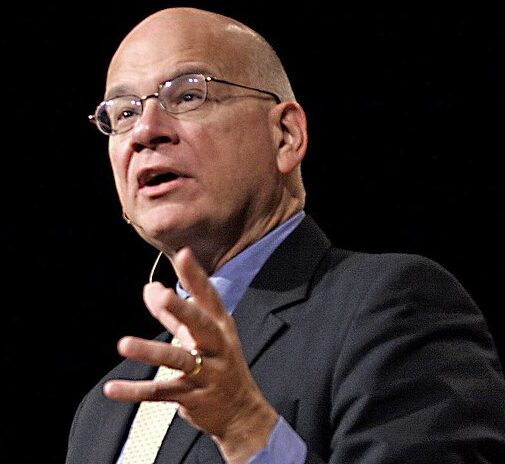
There are occasions when a person’s peculiar skills and character add something so remarkable to the world around them that when news comes of their passing, our attention is seized by this loss.
Such is the case with pastor and Christian apologist Tim Keller, who died of pancreatic cancer on May 19 at age 72.
Keller, well-educated and obviously gifted in making sense of the gospel for his generation, chose New York City as his primary place of ministry nearly 25 years ago. He planted a church in Manhattan and subsequently helped others launch places of worship in high-density cities. Pastoral care reigned in his life, and from that pulpit he spoke to a wider world, showing how the gospel speaks to anyone, anywhere. For many years, Keller’s sermons were my morning fare while I was exercising. Indeed, our first face-to-face meeting was actually side by side, as we both did our morning routine on treadmills at a Florida conference.
In the United States, where evangelicals still command a substantial percentage of the population and where evangelical leaders are popularized by publishers and electronic media, it is not surprising that Keller became well-known. But his mission remained centred on growing an evangelical church in Manhattan, a task not for the faint of heart.
Keller was a great church planting strategist, but he was much more than that. At the heart of his preaching was his work as a Christian apologist, defending the faith to unbelievers and sceptics. His appearances in such publications as the New York Times and The Atlantic show how his thoughtful and understated style caught the attention of those immersed in the secular slant, a bias that tends to define much of the media these days.
Just listening to Keller caused the mind to think more deeply than ordinary sermons do. His mind delighted in wider ideas. His research acquainted the listener with historic, philosophical, and literary references, adding spice to his Bible messages. I could almost hear his mind in gear, looking for ways to help his audience understand better the ways of God and to recognize how Christ’s ways make more sense in this world than any others.
Within the highly charged political environment of recent years, Keller carefully outlined the life of Christ and the power and presence of the gospel without getting caught in the binary forces of religious political debate. Not unaware of the historical debates over the trustworthiness of Scripture, he was not reluctant to dispel the common liberal/progressive assumption that their biblical interpretations are above critique.
Keller’s public celebrity attracted all sorts of comments and accusations—some hostile, others commending him—from conservative and liberal, fundamentalist and secular camps alike. Yet amidst the hype or overstatements that sometimes characterize our evangelical community, he demonstrated how literary allusions and references to contemporary culture gave both substance and flourish to careful biblical exegesis. For him, these were welcome tools used serendipitously by the Spirit to make Jesus of Nazareth known to our world, today and beyond.
Tim Keller, father, husband, visionary, pastor and fan of Jesus, now gone from us, will, by his many books and recorded messages, continue to nurture our hopes and ideas as we too seek to be worthy voices of spiritual well-being to the world around us.
Brian C Stiller
Global Ambassador, World Evangelical Alliance
May, 2023





Stay Connected